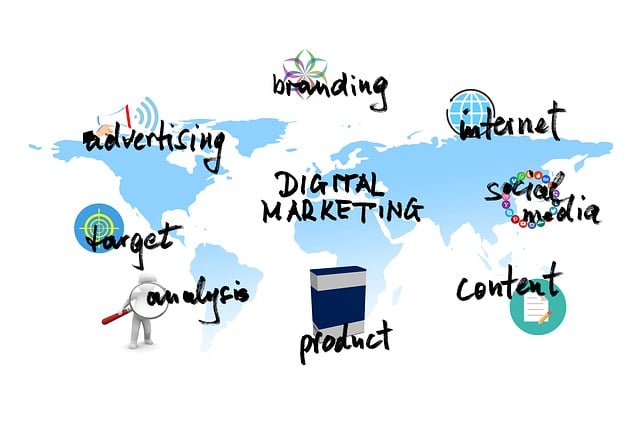AI automation has dramatically transformed auto repair businesses, especially in appointment scheduling. By utilizing intelligent systems, repair shops can optimize time slots using historical data, vehicle types, and technician availability. AI chatbots interact with customers through natural language processing, reducing administrative tasks while providing real-time updates. This results in improved productivity, reduced wait times, and a seamless customer experience. Additionally, AI offers data-driven insights into common repair patterns and predictive maintenance, leading to faster repairs, cost savings, and enhanced accuracy. Best practices focus on boosting efficiency and enhancing the customer journey through automated scheduling, while future advancements promise even greater transformations like proactive issue identification and scheduling.
“Transform your auto repair business with AI automation for automotive repair scheduling – the game-changer for modern workshops. This article explores how intelligent systems can revolutionize service efficiency. We delve into understanding AI’s role in streamlining appointments, benefits ranging from enhanced customer satisfaction to cost savings, and best practices for seamless integration. Discover the future prospects of AI in the auto repair industry and unlock your business’s full potential.”
- Understanding AI Automation for Auto Repair Scheduling
- Benefits of Implementing AI in Automotive Repair Businesses
- Best Practices and Future Prospects of AI Integration
Understanding AI Automation for Auto Repair Scheduling

AI automation has transformed the way auto repair businesses operate, especially when it comes to scheduling appointments. By implementing AI algorithms, repair shops can streamline their processes and offer enhanced customer experiences. These intelligent systems are capable of analyzing vast amounts of data, such as historical service records, vehicle types, and technician availability, to optimize appointment slots efficiently.
Through natural language processing, AI chatbots can interact with customers, understand their needs, and schedule appointments accordingly. This not only reduces the administrative burden on staff but also allows for real-time updates and reminders, ensuring a more organized and responsive service. With AI automation, auto repair businesses can improve productivity, minimize wait times, and provide a seamless scheduling experience for their clients.
Benefits of Implementing AI in Automotive Repair Businesses

Implementing AI in auto repair businesses brings a multitude of benefits, revolutionizing traditional processes and enhancing overall efficiency. One of the most significant advantages is AI automation for automotive repair scheduling. By leveraging machine learning algorithms, businesses can streamline appointment booking, reducing manual effort and potential errors. This not only improves customer satisfaction with more accurate and timely service but also allows mechanics to focus on specialized tasks, increasing productivity.
Additionally, AI enables data-driven insights into common repair patterns and predictive maintenance. Through analyzing historical vehicle data, these systems can anticipate future issues, helping businesses stay proactive. This proactive approach leads to faster repairs, less downtime for customers, and cost savings for the shop. Furthermore, AI-powered diagnostics can enhance accuracy in identifying complex problems, ensuring every repair is both efficient and effective.
Best Practices and Future Prospects of AI Integration

The best practices for AI integration in auto repair businesses focus on enhancing efficiency and improving customer experience through automation. AI automation for automotive repair scheduling, for instance, can streamline the process by analyzing historical data to predict service needs, thereby reducing wait times and increasing shop capacity. By leveraging machine learning algorithms, these systems can learn from patterns in vehicle maintenance and customer behavior, optimizing appointment slots and resource allocation.
Looking ahead, the future prospects of AI integration suggest even more transformative potential. Advanced diagnostic capabilities powered by AI can lead to faster and more accurate identifications of vehicle issues, reducing the time spent on routine checks. Additionally, predictive maintenance using AI analytics can anticipate when a vehicle might require service, allowing proactive scheduling and potentially preventing costly breakdowns. This not only enhances customer satisfaction but also contributes to safer driving conditions.
AI automation for automotive repair scheduling offers significant advantages, from streamlining appointments to enhancing overall efficiency. By implementing these strategies, auto repair businesses can optimize their operations, reduce costs, and improve customer satisfaction. As the technology advances, adhering to best practices and staying informed about future prospects will be key to unlocking the full potential of AI integration in this sector.
